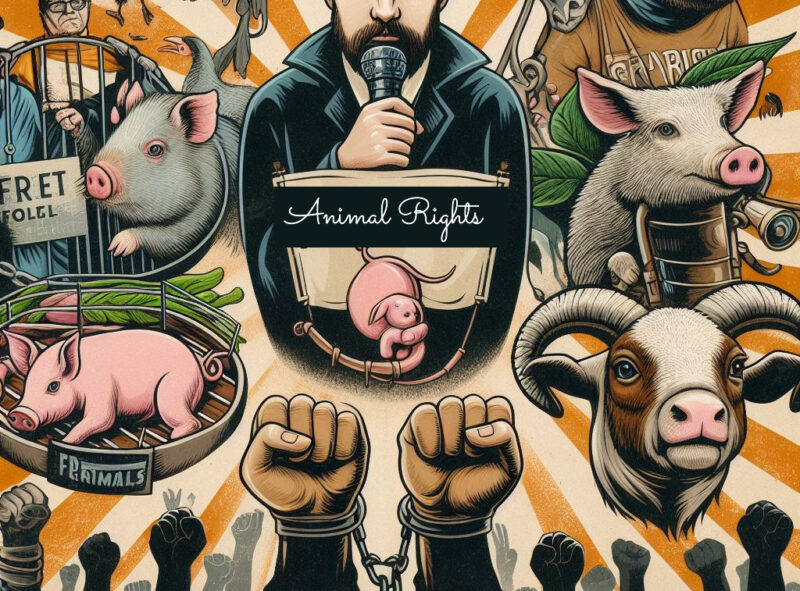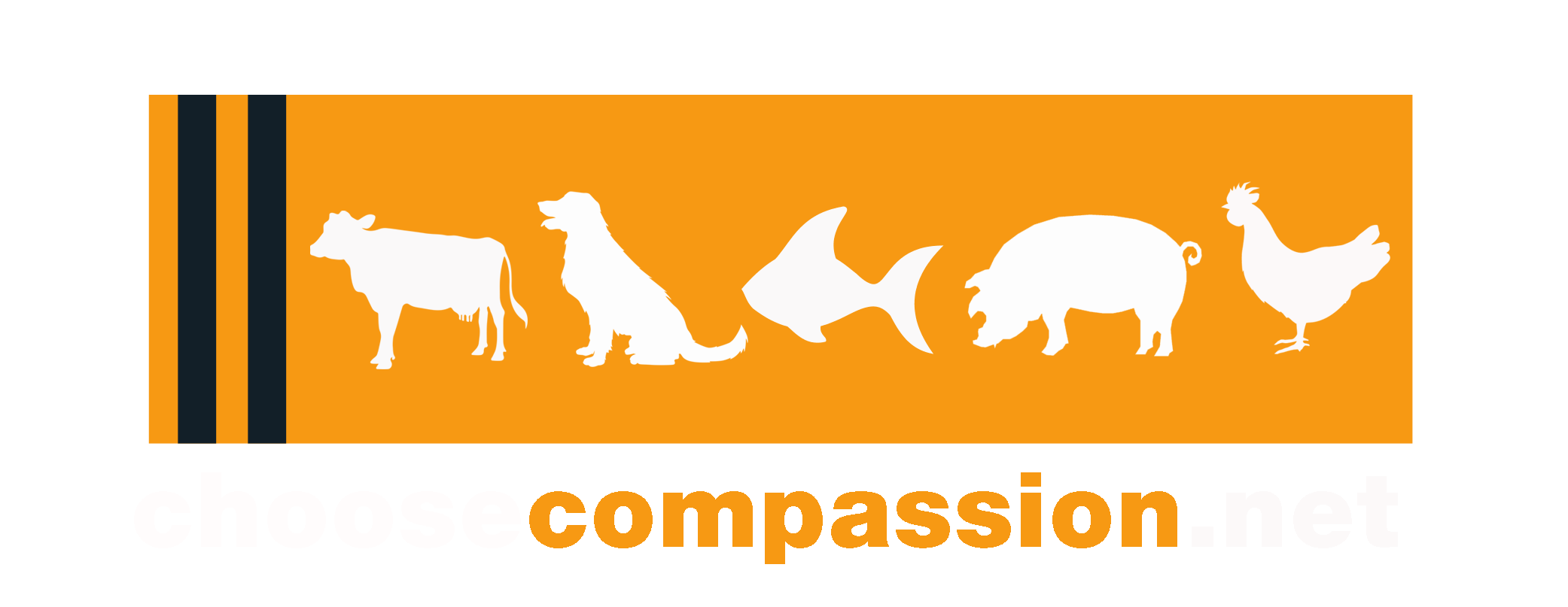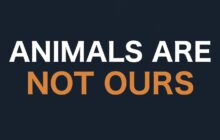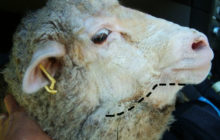
Intersectionality, with its recognition of overlapping oppressions, has enriched our understanding of social justice movements. Yet, incorporating animal rights into this framework presents unique challenges. Let’s explore the potential benefits and drawbacks of intersectional advocacy for animal rights, navigating the tension between enriching the perspective and diluting the focus.
While intersectionality broadens our perspective, it can lead to a dilution of focus. Here’s how:
Intersectionality helps us acknowledge how speciesism intersects with and reinforces other forms of oppression. Animal rights concerns resonate with diverse struggles, from indigenous land rights to worker exploitation in factory farms. Recognizing different communities’ experiences and needs leads to more impactful campaigns that avoid generalizations and cultural insensitivity. An intersectional approach ensures that the movement is inclusive and acknowledges the struggles faced by marginalized groups. While collaboration with other social justice movements fosters empathy and strengthens collective action, expanding the scope of advocacy without clear boundaries can overstretch resources and dilute focus on critical animal rights issues like exploitation, cruelty, and marginalization.
Attention Diversion
Addressing all forms of oppression simultaneously might not always be feasible. Striking a balance between animal rights and other social justice causes can be complex. While acknowledging the interconnectedness, the urgency of animal rights and welfare issues demanding immediate attention could be overshadowed. The focus, resources, or efforts are redirected away from specific animal-related issues due to competing priorities or distractions.
Speciesism can challenge the inclusive nature of intersectionality.
Speciesism—the belief in human superiority over other animals—intersects with various oppressions and shapes how people exploit each other, animals, and the environment. Integrating speciesism into intersectional analysis presents complexities. Many people argue that animal rights should not be equated with human rights, as it may trivialize human suffering. When advocating for animal liberation, activists face the tension of using language that compares animal struggles with human struggles. Advocacy efforts become diluted, affecting the overall impact on animal rights and liberation.
In summary, recognizing attention diversion allows us to navigate competing priorities effectively. When attention is diverted across various causes, such as environmental conservation and human rights, the specific needs of animals may receive less emphasis. While intersectionality enriches understanding, it’s essential to maintain a focus on animal rights.



